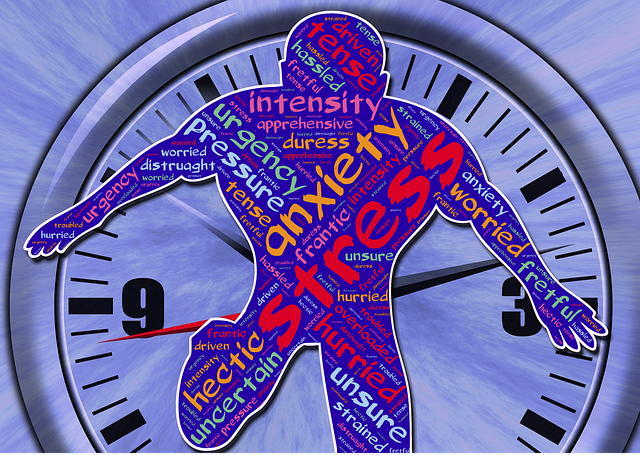
The Crucial Role of Hotel Managers in Crisis and the Importance of Remaining Calm
Navigating Storms with Grace: How Hotel Managers Should Lead By Example During a Crisis Situation
In the fast-paced world of hospitality, hotel managers often find themselves at the forefront during times of crisis. Whether it’s a natural disaster, a global pandemic, or a local emergency, the ability of hotel managers to conduct themselves with composure and maintain a calm demeanor is crucial.
This not only reflects on the well-being of the staff but also significantly impacts the guest experience and the overall reputation of the establishment.
1. Leading by Example: During a crisis, hotel managers serve as the guiding force for their teams. It is essential for them to lead by example, demonstrating resilience, adaptability, and a steady hand in the face of uncertainty. Team members look to their managers for direction and reassurance, making it imperative that managers embody the qualities they wish to instill in their staff.
2. Effective Communication is Key: Clear and transparent communication is the linchpin of crisis management. Hotel managers must keep their teams informed about the situation, any changes in protocols, and the steps being taken to ensure everyone’s safety. Likewise, maintaining open lines of communication with guests is equally vital. Clear and concise updates can alleviate anxiety and foster a sense of trust among both staff and guests.
3. Prioritizing Guest Safety: The safety and well-being of guests should be the top priority for hotel managers during a crisis. This includes having well-defined safety protocols in place, training staff on emergency procedures, and ensuring that guests are promptly informed of any necessary actions. By demonstrating a commitment to guest safety, managers not only protect those under their care but also enhance the reputation of the hotel as a reliable and responsible establishment.
4. Remaining Calm Under Pressure: In the chaotic atmosphere of a crisis, the importance of remaining calm cannot be overstated. A composed demeanor from the hotel manager sets the tone for the entire team, promoting a sense of control and stability. This, in turn, enables staff to perform their duties more effectively and helps prevent panic among guests.
5. Building Resilience within the Team: Crisis situations can be emotionally charged and physically demanding. Hotel managers must actively foster resilience within their teams, encouraging a collective spirit that can weather the storm together. This involves recognizing and addressing the emotional toll that crises can take on staff members, providing support, and emphasizing the importance of working collaboratively to overcome challenges.
6. Learning and Adapting: Every crisis offers an opportunity for learning and improvement. Hotel managers should conduct thorough post-crisis analyses to identify strengths and weaknesses in their response. This reflective process allows for continuous improvement in crisis management protocols, ensuring that the hotel is better prepared for any future challenges.
